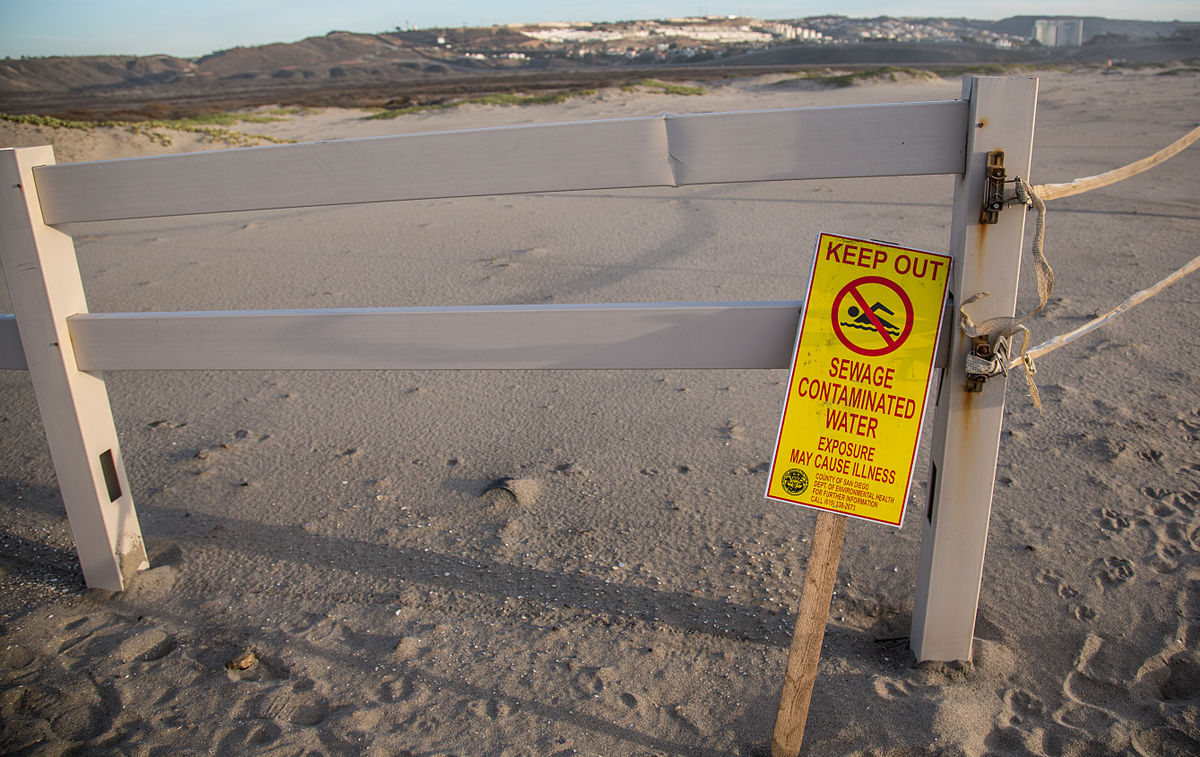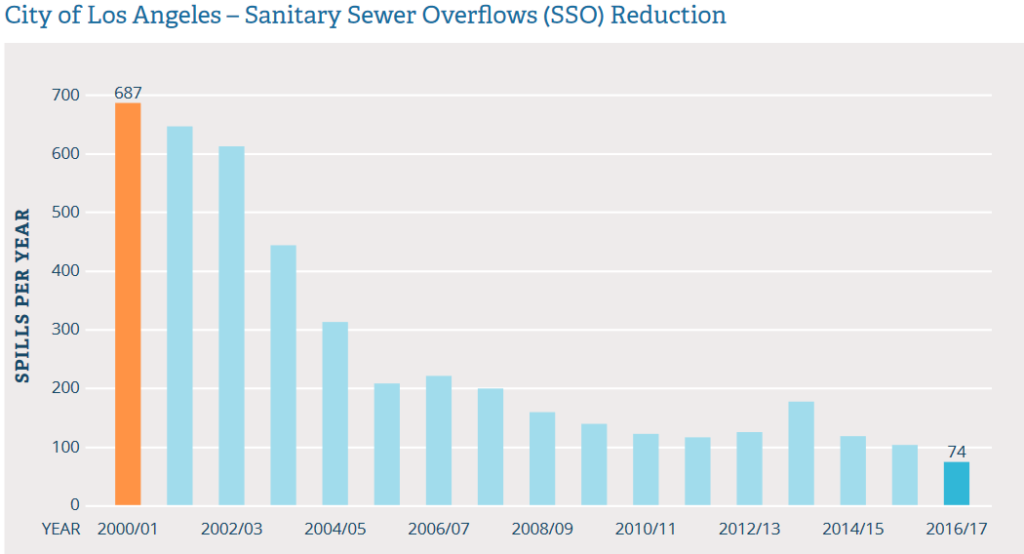
Sewage is almost constantly spilling into Californian waterways. Just this year between January 1st and May 5th, 173 sewer systems reported 869 spills and over 501,000 gallons of raw sewage entered our surface waters. These shocking numbers helps to illustrate a simple truth; California needs to improve the way it regulates sewer systems.
Currently, all sewer systems with a mile or more of infrastructure are required to enroll in the Statewide Sanitary Sewer Systems Permit. This permit was passed in 2006, and the State Water Board is currently in the process of re-issuing an updated version. While we are excited to see the 16-year-old permit replaced with something more modern, many of the flaws from the old permit are being carried over into the new.
One of the largest issues with the Sanitary Sewer Permit is that it lacks opportunities for communities to protect their local waterways. That Permit was not issued under California’s Clean Water Act authority, and as a result, it lacks many of the important water-protective tools provided by the Clean Water Act. Importantly, this includes citizen suits.
Citizen suits give people the power to enforce the Clean Water Act. This means that communities are no longer forced to rely on the government to fight pollution. This has proven to be an extremely valuable tool to protect California’s waterways. For example, a single case aimed at reducing sewage pollution, brought by Los Angeles Waterkeeper in 1999, resulted in a 90% reduction of sewage spills into Santa Monica Bay.

And, over a recent 5-year period, citizen suits produced over $8.8 million for environmental projects to help local communities harmed by pollution. The large volume of suits filed, combined with their relatively high success rates, suggests that these suits are enforcing the law where the government has failed.
Despite the environmental success of citizen suits, the State Water Board refuses to give communities the power to enforce the general Sanitary Sewer Permit. To ensure that our waters are fishable, swimmable, and drinkable, California Coastkeeper Alliance will continue to work with the State Water Board and advocate that communities be allowed to protect their own waterways.
Stay informed of the Sanitary Sewer Permit and our work to protect California’s waters by subscribing to California Coastkeeper Alliance’s monthly newsletter, becoming a lifetime member, or following us on social media: @CA_Waterkeepers.
Staff Attorney Cody Phillips advocates for statewide policies that protect water quality and access to clean water throughout California.



